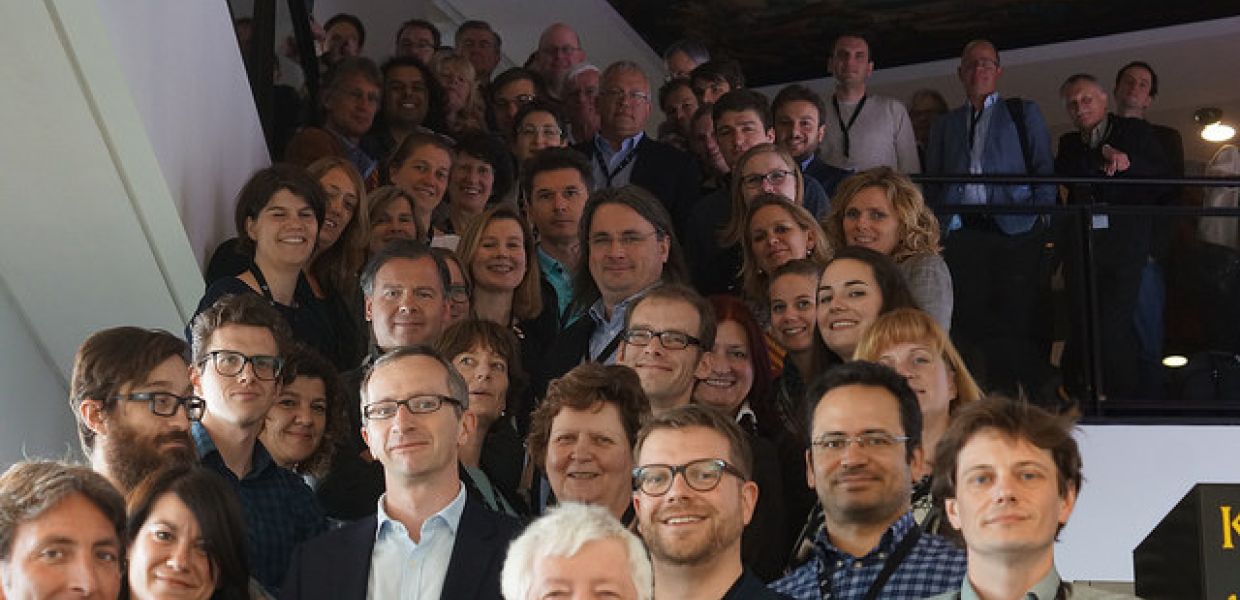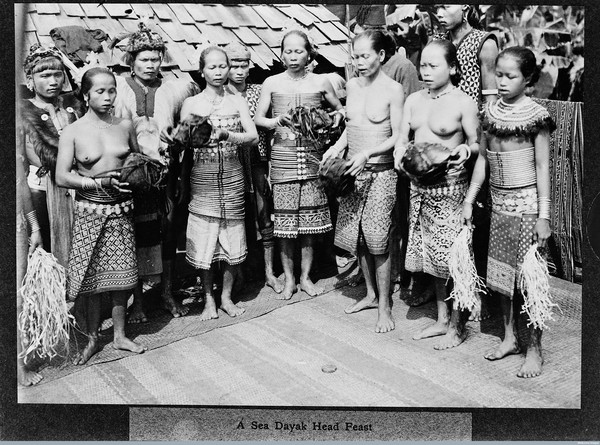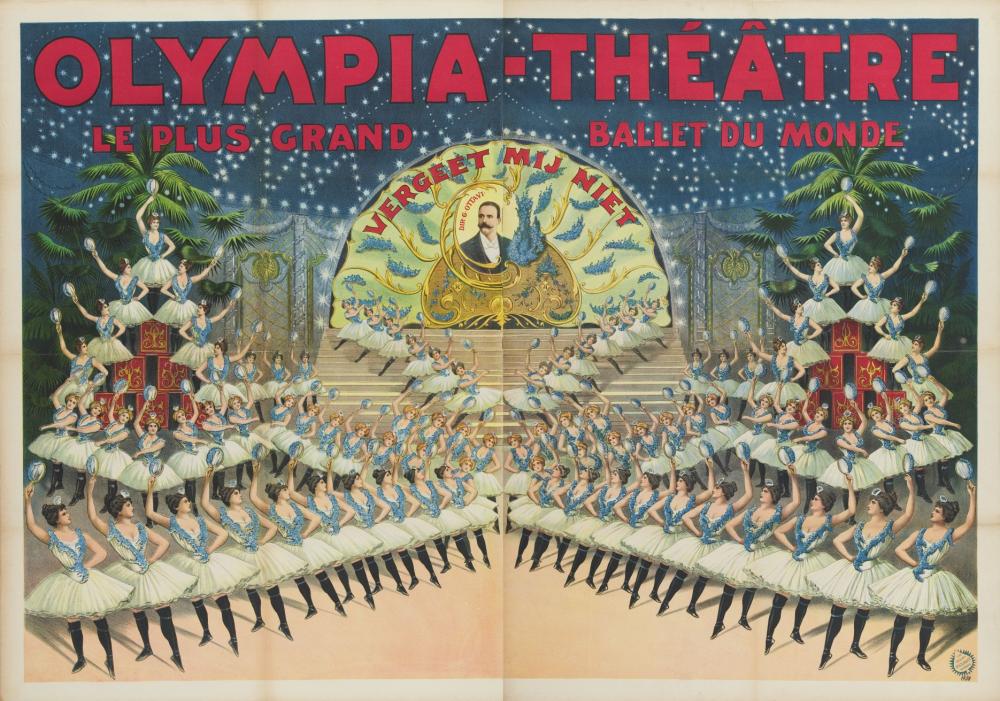We transform the world with culture. Say, what?
Europeana's brand identity was built five years ago around the concept 'think culture'. Our strategy for 2015-2020 outlines a shift from 'thinking' to 'transforming' - making much greater use of our cultural assets and creating new things with them. We now have a new visual styling that reflects this shift.

Alongside the new styling, the Europeana Foundation and Network Association has a new strapline that you’ve probably seen or heard already - we transform the world with culture.
But what does that mean?
We - who? Transform - how? The world - it’s a big place! With culture - what’s that?
To me, these words have quite a variety of meanings. ‘We’ could be the Europeana Foundation, the Network Association or humankind. To ‘transform’ something, you change something from one state to another. So what is the process here and how do ‘we’ do that?
Then there’s the million dollar question - what exactly is culture? Is it ‘the arts’ - music, film, paintings, opera, ballet? Or does it also include traditions, food, religion, family life, languages? Can we even really separate ‘culture’ from ‘the world’?
I asked members of the Europeana Foundation, Members Council and Network Association what all these things meant to them.

A Sea Dayak feast, Wellcome Collection, CC BY
Georgia Angelaki, who, at the time of asking was Communications Specialist at the Greek National Documentation Center and is currently Europeana's policy advisor, says ‘Culture for me is everything that makes us human after we’ve covered our basic subsistence needs. It’s the traditions, dances, rituals and symbols that we use to represent and interpret the world.’
‘Culture to me is contextual patterns and expressions from the way we live, work and think,’ says Rolf Källman, Europeana Network Association Members Council representative and Head of Digisam, National Archives of Sweden. ‘It takes unlimited forms and is something we inherit, interpret, share and bring forward.’
Jill Cousins, Europeana Foundation Executive Director, says that ‘Culture in the context of Europeana is everything we hold in our museums, libraries, archives and audiovisual institutions that tells us about our past histories and defines part of the way countries and societies relate to the world we now live in.’
 Olympia-Théâtre. Le plus grand ballet du monde, Circus Museum, CC BY-SA
Olympia-Théâtre. Le plus grand ballet du monde, Circus Museum, CC BY-SA
Ok, so culture isn’t just paintings and operas. It’s about expressing what it is to be human and what it is to exist. As Descartes meant to say, ‘I think, therefore I have culture’.
Now, how about that tiny word, ‘we’?
Eleanor Kenny, Head of Communications at Europeana, says, ‘'We' is everyone in Europeana’s network across the cultural heritage and creative communities. You might be part of our formal Network Association or you might not – yet! But if you are proactively working with us or our content then you are part of the Europeana family.’

Just some of the members of the Europeana family at the DSI kick-off, May 2015. Europeana, CC BY-SA
For others, it’s more global, encompassing everyone who does work for or with Europeana as well as all those who are part of the culture we make available. Breandán Knowlton, Executive Director of, Historypin and Europeana Network Association Members Council representative says, ‘I think of ‘we’ as being “we humans”’.
And Sarah McSeveny-Åril, Senior advisor at the Heritage Here project, Arts Council Norway, sees it as an inclusive term too. ‘The idea of the 'We' spans time, connecting us in the present day, with our children and with past generations.’
So, put it together and what do you get?
For Harry Verwayen, Europeana Deputy Director, ‘we transform the world with culture’ means that ‘the Europeana Network Association can contribute meaningfully to a number of issues facing society, using culture as our tool’.
Georgia says, ‘It means making culture available to everyone, transcending technological, legal and space or other boundaries, and allowing everyone to enjoy and use culture in the way they want, for personal, educational, scientific or recreational purposes.’
It’s a practical thing, then, but it’s also a philosophical one with a real feel-good factor, as my final selection of answers shows.
For Rolf, ‘When we say that we transform the world with culture, to me that means that we want to use our common cultural heritage as a driving force to make the world a better place.’

Peace Portal. National Library of France, public domain
And to Breandán, it means, well, pretty much everything! He says, ‘It means peace in our time! It means that we can imagine a common future together because we can reflect on our pasts honestly and completely.’ Whilst world peace might be outside our remit, Breandán certainly captures the transformative power of culture.
Finally, Eleanor says, ‘Transforming the world with culture is about opening doors through sharing. Each and every step that we take to make digital cultural heritage available, accessible and usable will help open a door to a richer world for someone, somewhere. That’s a wonderful feeling.’
My thanks go to Sarah, Georgia, Rolf, Breandán, Eleanor, Harry and Jill for sharing their thoughts on what it means to transform the world with culture.
